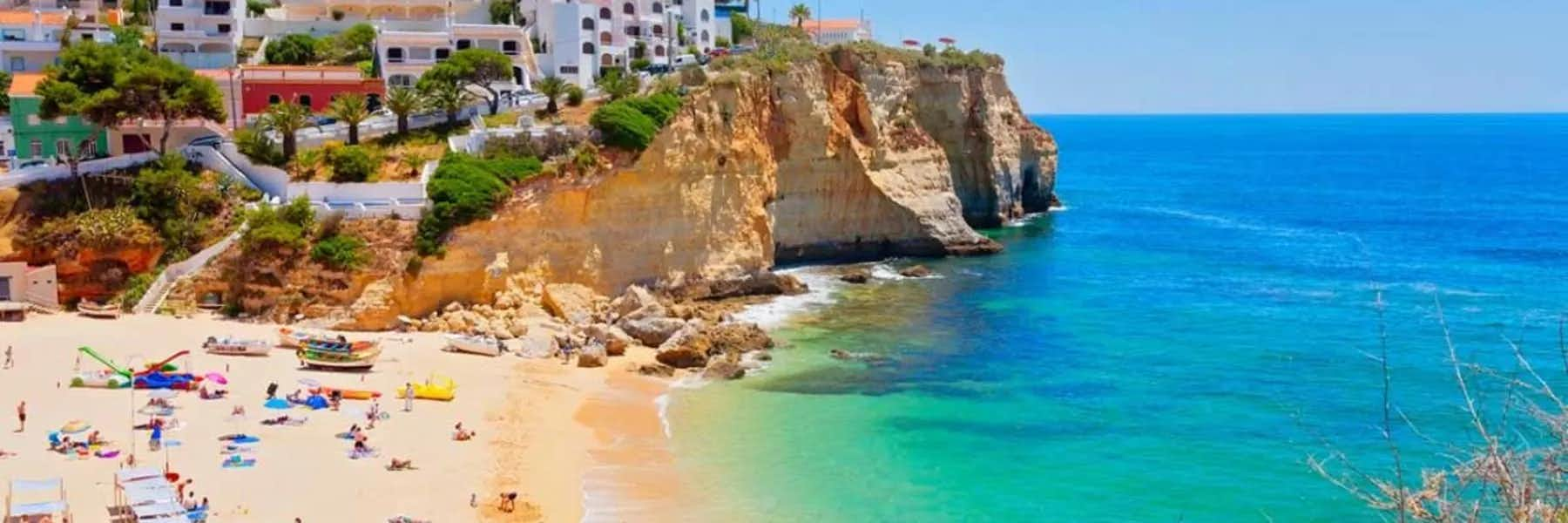Last week, news that the Portugal Golden Visa program is ending rocked the offshore-residence world. This came after Ireland’s termination of its own program the previous week.
Both countries introduced Golden Visas in 2012, amid the Great Financial Crisis. The goal was to prevent banking collapse by bringing foreign money into domestic real estate markets, goosing property values and bank balance sheets.
Promising deep-pocketed foreigners EU residence did exactly that, to the tune of billions of euros. But that success has produced political pushback in recent years.
Portugal, for example, says it welcomed nearly 12,000 Golden Visa households to its shores between 2012 and last year. That might not sound like a lot, but the impact on the Portuguese real estate market has been enormous. Property values have risen by over 75% since 2012.
But more than half of Portuguese earn less than €1,000 a month ... and are now priced out of the market.
One feature of the Golden Visa program, which made it both attractive and damaging is that it didn’t require presence in Portugal. Many applicants bought properties, spent the minimum two weeks in them every year, and either left them empty or rented them as Airbnb’s for the rest of the time.
Free Report: Best Places in the World to Buy Real Estate
Free Report: Best Places in the World to Buy Real Estate
Sign up for IL's postcards and get the latest research on the best places in the world to retire. Including boots-on-the-ground insights on real estate and rental trends. Simply enter your email address below and we'll send you a FREE report - The World's Best Places to Buy Real Estate.

By submitting your email address, you will receive a free subscription to IL Postcards and special offers from International Living and our affiliates. You can unsubscribe at any time, and we encourage you to read more about our Privacy Policy.
That led to two property market distortions.
First, the “golden visa bid” became the floor price in many parts of Portugal. Sellers priced their properties with foreign wealth in mind, pushing up asking prices far beyond what native Portuguese could afford.
Second, with so many properties off the market or rented short-term, long-term rentals became unaffordable for natives. In Lisbon, short-term rentals now account for more than 60% of listed properties. Lisbon is the third costliest rental market in Europe after Milan and Paris. Rents increased by 37% in that city in the fourth quarter of last year alone.
That has made ordinary Portuguese very unhappy. But political pressure from within isn’t the only problem.
In Ireland, 91% of golden visa recipients were Chinese nationals. Chinese also accounted for half of Portuguese golden visas, with Brazilians, Turks and South Africans accounting for much of the remainder. Chinese participation in the program declined after 2016 but jumped again under the country’s zero COVID policy.
Justified or not, the perception that golden visa programs were a back door for Chinese entry into the EU—as well as vehicles for money laundering and other undesirable activities—led Brussels to criticize the programs. Late last year, European Commission President Ursula von der Leyen warned that the region’s values “are not for sale.”
EU pressure had already forced Malta, Cyprus, Latvia, and Bulgaria to scrap their initiatives. So, it was perhaps only a matter of time before Ireland and Portugal followed suit.
Paradoxically, the increasing popularity of Portugal’s program with Americans in recent years—along with an expected influx from Ukraine—may have been the proverbial nail in the coffin.
All is not lost, however. Existing Golden Visas will be renewed as long as the recipient either lives in their Portuguese property or rents it long-term. And Portuguese Prime Minister Antonio Costa said that the country’s D7 “digital nomad” visa, which allows foreigners to live in the country on foreign income, was set to become the main route to residence. Nor does there seem to be any threat to the D2 visa, available to entrepreneurs starting businesses in the country.
And of course, there are still EU-based residence-by-investment programs in Greece, Spain, and Montenegro, as well as ancestry-based programs in several countries.
But the trend is unmistakable. If you’re interested in an EU residence permit … especially if your ultimate goal is a European passport … the time to act is now.
Learn more about Our New Chief Global Diversification Expert here.
Free Report: Best Places in the World to Buy Real Estate
Free Report: Best Places in the World to Buy Real Estate
Sign up for IL's postcards and get the latest research on the best places in the world to retire. Including boots-on-the-ground insights on real estate and rental trends. Simply enter your email address below and we'll send you a FREE report - The World's Best Places to Buy Real Estate.

By submitting your email address, you will receive a free subscription to IL Postcards and special offers from International Living and our affiliates. You can unsubscribe at any time, and we encourage you to read more about our Privacy Policy.
Related Articles
Guide for Expats Moving to Portugal - How to Move
Is Portugal a Safe Place to Live?
Seven Places to Retire in Portugal for Under $30,000 per Year
